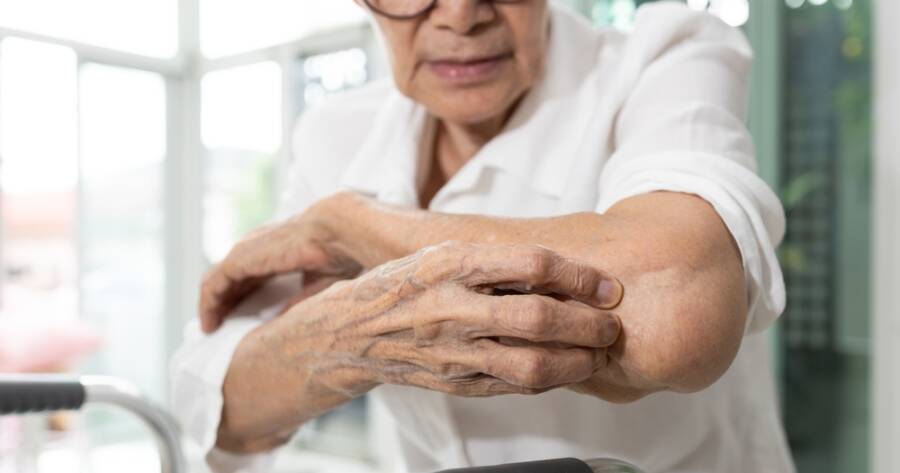Itchy skin can be annoying, distracting, and even painful. Whether caused by dry air, allergies, or skin conditions, the constant urge to scratch can make daily life uncomfortable. Luckily, many expert-recommended treatments can provide relief. From simple home remedies to dermatologist-approved treatments, there are plenty of ways to calm irritation. Explore the best ways to soothe itchy skin and prevent it from returning.
Identify the Cause of Your Itchy Skin
Before treating itchy skin, it’s important to understand what’s causing it. Some common triggers include:
- Dry skin – Cold weather, indoor heating, and low humidity can strip moisture from the skin.
- Allergic reactions – Soaps, perfumes, fabrics, and even foods can cause itching.
- Skin conditions – Eczema, psoriasis, and hives often lead to persistent itching.
- Bug bites – Mosquitoes, bedbugs, and fleas can cause red, itchy spots.
- Medical conditions – Liver disease, kidney disease, or diabetes may lead to chronic itching.
If your itchiness lasts for more than two weeks, worsens, or is accompanied by swelling, rash, or pain, see a doctor.
Hydrate Your Skin with Moisturizers
One of the easiest ways to relieve itching is to keep your skin well-hydrated. Experts recommend using thick, fragrance-free creams or ointments. Lotions with ingredients like ceramides, hyaluronic acid, or glycerin help lock in moisture.
Applying moisturizer immediately after a shower can prevent dryness. For extra relief, use a moisturizer that contains colloidal oatmeal or aloe vera, both known for their soothing properties.
Take a Cool or Oatmeal Bath
Hot showers can strip the skin of natural oils and make itching worse. Instead, take a cool or lukewarm bath to calm irritation. Adding finely ground colloidal oatmeal to your bathwater can help reduce itching and inflammation.
Oatmeal contains compounds that form a protective layer on the skin, trapping moisture and reducing irritation. If you don’t have oatmeal, try adding baking soda or Epsom salts to the bath for a similar effect.
Use Anti-Itch Creams and Medications
For stubborn itching, over-the-counter creams can provide fast relief. Look for products containing:
- Hydrocortisone – A mild steroid that reduces itching and inflammation.
- Calamine lotion – Often used for bug bites and rashes, this lotion has a cooling effect.
- Antihistamines – If allergies are the cause, an oral antihistamine like diphenhydramine (Benadryl) or loratadine (Claritin) can help.
If your itching is severe or persistent, your doctor may prescribe stronger medications, including corticosteroid creams or immunosuppressants.
Avoid Triggers That Make Itching Worse
Preventing itchy skin starts with avoiding common irritants. Here are some expert tips:
- Use gentle soaps and detergents – Fragrance-free, hypoallergenic products are less likely to cause irritation.
- Wear soft, breathable fabrics – Cotton and silk are good choices. Avoid wool and synthetic materials, which can make itching worse.
- Stay hydrated – Drinking plenty of water helps keep your skin from becoming dry.
- Keep nails short – Scratching can break the skin and cause infections.
If you must scratch, try gently rubbing the area instead.
Try Natural Remedies for Itchy Skin
Some natural treatments can provide relief without the need for medications. Consider these options:
- Aloe vera – Known for its cooling properties, aloe can soothe sunburns and dry, itchy skin.
- Coconut oil – This natural moisturizer helps repair the skin barrier.
- Apple cider vinegar – Diluting it with water and applying it with a cotton ball can help relieve itching from bug bites or mild rashes.
Always do a patch test before using any natural remedy to make sure your skin doesn’t react negatively.
When to See a Doctor
Most cases of itchy skin improve with home treatments, but some require medical attention. You should see a doctor if the itching lasts more than two weeks, your skin is swollen, red, or painful, or if the itch interferes with sleep.
Additionally, medical attention is necessary if the itching is accompanied by fever, weight loss, or extreme fatigue. A doctor can determine whether an underlying health condition is causing the problem and recommend the best treatment.
Find Lasting Relief with the Right Approach
Soothe itchy skin by keeping it moisturized, avoiding irritants, and using proven treatments. Simple lifestyle changes, like wearing soft fabrics and using gentle skincare products, can prevent itching from returning.
If home remedies don’t work, consult a dermatologist for expert guidance. By identifying the cause and choosing the right treatment, you can enjoy smooth, itch-free skin.

